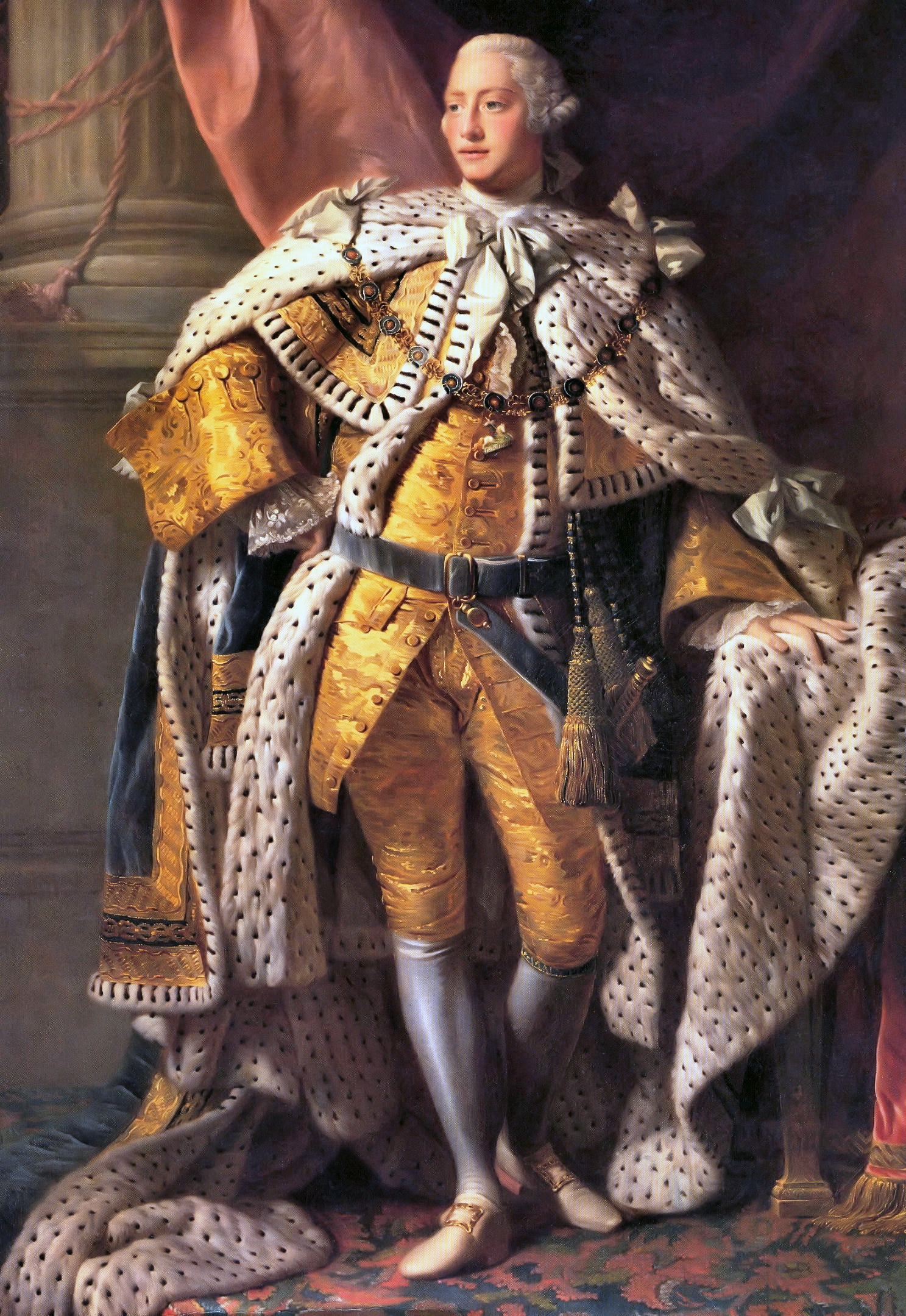III. György Nagy-Britannia és Írország királya 1760-tól 1820-ig; valamint a Német-római Birodalom hannoveri választófejedelme, majd 1814 után haláláig hannoveri király. Ő volt a harmadik Hannoveri-házból való brit uralkodó és az első, aki az országban született és az angol volt az anyanyelve. Hannoverbe soha nem látogatott el.Nagy-Britanniában addig példátlan hosszúságú, 59 éves uralkodása alatt országa számos fegyveres konfliktusban vett részt; nem csak Európában, hanem távoli kontinenseken is. Trónra lépésekor az Egyesült Királyság a hétéves háborúban legyőzte Franciaországot és elvette tőle amerikai gyarmatait. Később az amerikai brit gyarmatok egy része sikeres függetlenségi harcot vívott ellene és létrejött az Egyesült Államok. Szintén az ő uralkodása alatt vívta Nagy-Britannia több mint egy évtizedig tartó harcát a napóleoni Franciaországgal, míg 1815-ben a waterlooi csatában sikerült végső győzelmet aratnia.
III. György idős korára előbb időszakosan, majd véglegesen elmebeteg lett. Betegsége okaként egyes szakértők az örökletes porfíriát jelölték meg, amit mások viszont vitatnak. 1810 után állapota véglegessé vált és legidősebb fia, a leendő IV. György régensként irányította az országot.
III. György megítélése sokat változott az idők folyamán. A 20. század második felében kezdődött átértékelésig az amerikai történetírás zsarnoknak, az angolok pedig "az imperializmus bukása miatti bűnbaknak" tartották.
Wikipedia
✵
4. június 1738 – 29. január 1820
